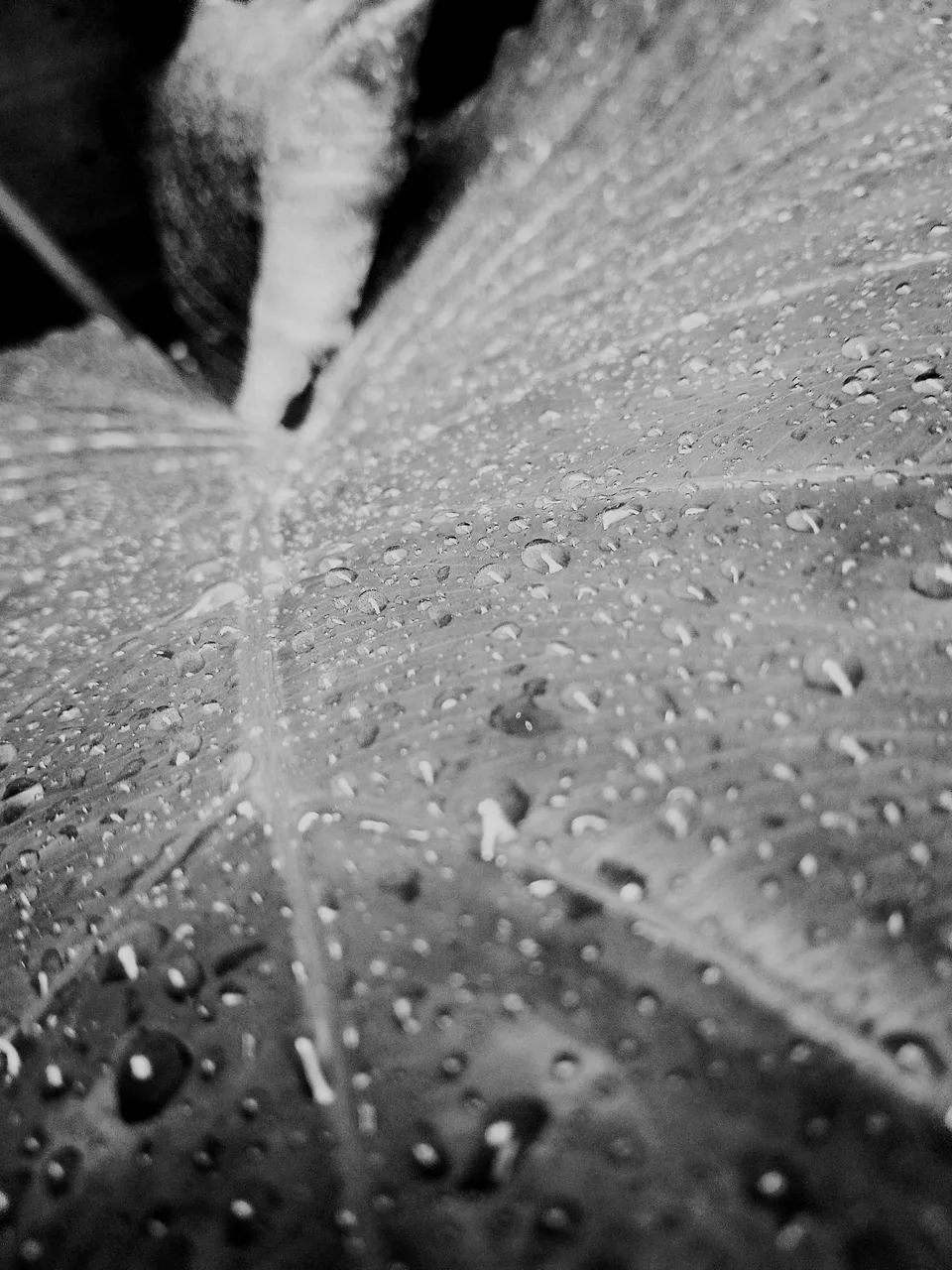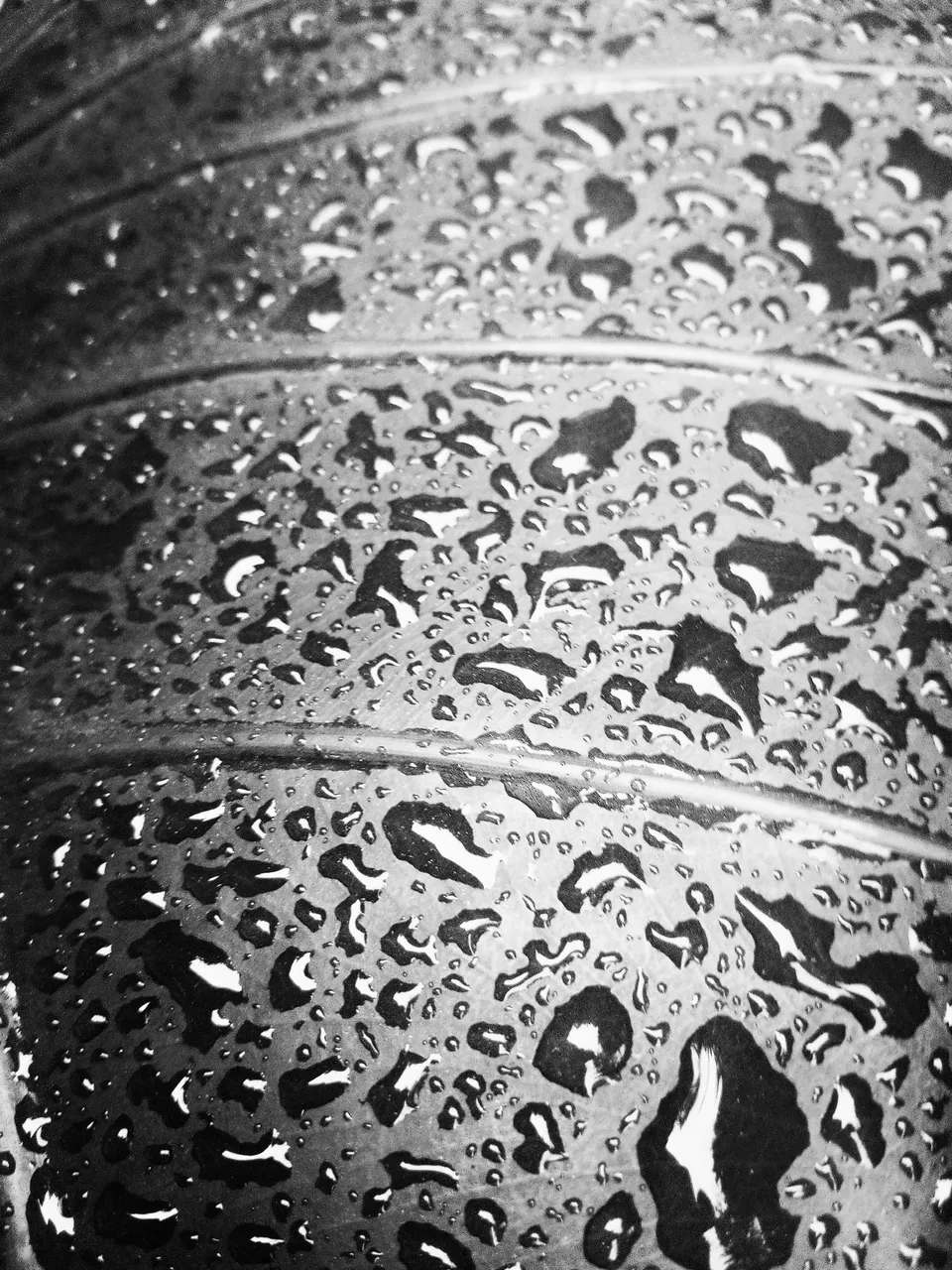Rainy days have been going on here, something good after a few months of harsh drought. The other afternoon, I went for a brief walk through a nearby garden, after a patch of sunshine had peeked through.

Rain, if not too prolonged, far from being an inconvenience, becomes an opportunity to refresh and see the tropical environment turn green again.

On the way, I stumbled upon these huge plants known by other names such as Taro. I frequently see this plant used as an ornament in many gardens I know, at least in my family, and the same plant, in its roots, is the so-called 'Chinese taro'. As it is also known around here.

The name 'Chinese taro' is due to the Asian origin of the plant, although it is not specifically from China. However, I must acknowledge that Venezuelans sometimes call anything of Asian origin 'Chinese'.

I've already heard talk of Chinese garlic, Chinese beans, and of course, Chinese taro. This linguistic peculiarity reflects our tendency as a society to simplify the unknown, sometimes in a rather generalized way.

The photos were taken with my Infinix 11 smartphone, and I was quite satisfied with the results in macro photography.
Español
Malanga
Han sido días lluviosos por aquí, algo bueno después de unos meses de dura sequía, hace unas tardes hice una breve caminata por un jardín cercano, después de que un claro de sol se asomara.

La lluvia, si no es tan prolongada, lejos de ser un inconveniente, se convierte en una oportunidad para refrescar y ver reverdecer el ambiente tropical.
En el camino tropecé con estas enormes plantas conocidas entre otros nombres como Malanga. Esta planta, la veo frecuente como ornamento en muchos jardines que conozco, al menos en mi familia, Y esa misma planta, en sus raíces se encuentra el llamado 'ocumo chino'. Como también se le conoce por aquí.
El nombre 'ocumo chino' se debe al origen asiático de la planta, aunque no es específicamente de China. Sin embargo, debo reconocer que los venezolanos a veces llamamos 'chino' a cualquier cosa de origen asiático.
Ya he escuchado hablar del ajo chino, del frijol chino, y por supuesto, del ocumo chino. Esta peculiaridad lingüística refleja nuestra tendencia como sociedad a simplificar lo desconocido, a veces de una manera un tanto generalizada.
Las fotos las realicé con mi smartphone Infinix 11, y quedé bastante satisfecho con los resultados en fotografías macro.